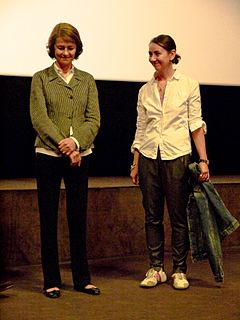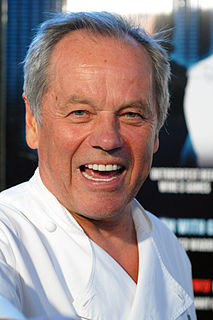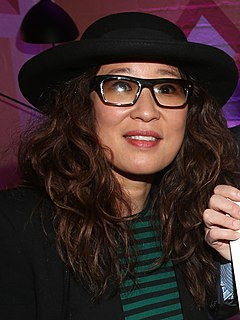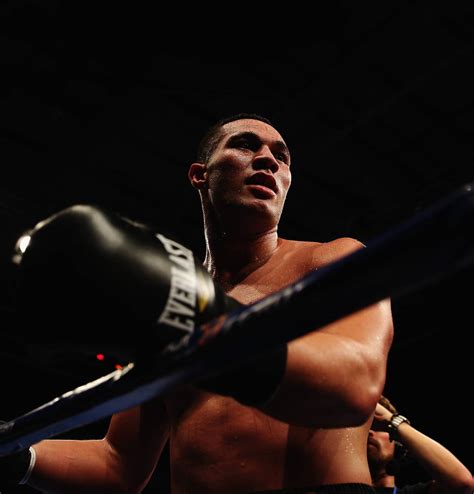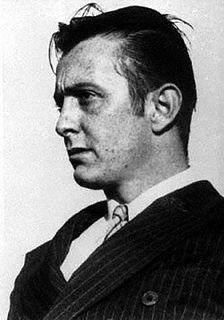A Quote by Parker J. Palmer
People are always asking, "Is this person in front of me the same on the inside as he or she appears to be on the outside? Is there congruence between what's within that person and the words and actions I'm viewing and hearing externally?" Children ask that about their parents; students ask it about their teachers; parishioners ask it about their pastors and priests; employees ask it about their bosses; and in a democracy, citizens ask it about their political leaders.
Quote Topics
About
Actions
Always
Appears
Ask
Asking
Between
Bosses
Children
Citizens
Congruence
Democracy
Employees
Front
He Or She
Hearing
Inside
Leaders
Me
Outside
Parents
Pastors
People
Person
Political
Political Leader
Political Leaders
Priests
Same
She
Students
Teachers
Viewing
Within
Words
Words And Actions
Related Quotes
Ask not of me, love, what is love?
Ask what is good of God above;
Ask of the great sun what is light;
Ask what is darkness of the night;
Ask sin of what may be forgiven;
Ask what is happiness of heaven;
Ask what is folly of the crowd;
Ask what is fashion of the shroud;
Ask what is sweetness of thy kiss;
Ask of thyself what beauty is.
A lot of people involved with celebrity journalism have interesting ideas about the people they want to write about going into the interview. Then as soon as they actually sit down with that person, they basically ask the questions they think journalists are supposed to ask, and they start viewing themselves almost as a peer of the subject. Like they're going to become friends. That's why most celebrity journalism is so terrible.
When children ask you questions about gray hairs, and wrinkles in the face, and sighs that have no words, and smiles too bright to be carved upon the radiant face by the hands of hypocrisy--when they ask you about kneeling at the altar, speaking into the vacant air, and uttering words to an unseen and in an invisible Presence--when they interrogate you about your great psalms, and hymns, and anthem-bursts of thankfulness, what is your reply to these? Do not be ashamed of the history. Keep steadily along the line of fact. Say what happened to you, and magnify God in the hearing of the inquirer.
I feel like a lot of people involved with celebrity journalism have interesting ideas about the people they want to write about going into the interview. Then as soon as they actually sit down with that person, they basically ask the questions they think journalists are supposed to ask, and they start viewing themselves almost as a peer of the subject. Like they're going to become friends. That's why most celebrity journalism is so terrible.
And one day we must ask the question, "Why are there forty million poor people in America?" And when you begin to ask that question, you are raising questions about the economic system, about a broader distribution of wealth. When you ask that question, you begin to question the capitalistic economy.

